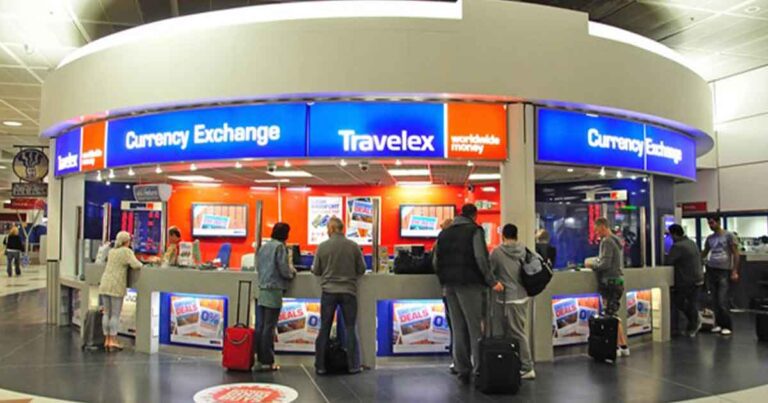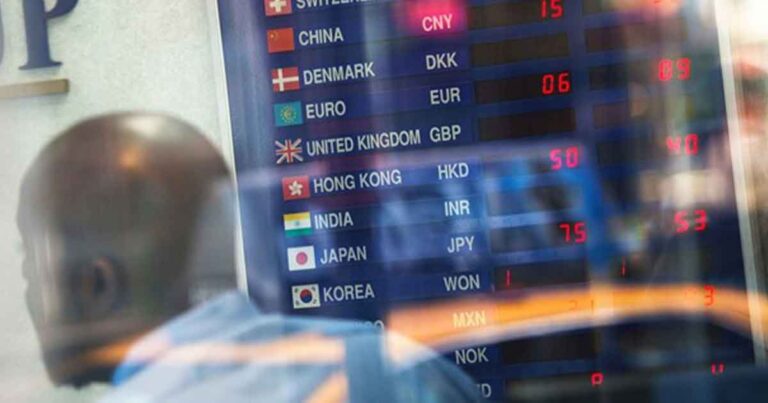Cross-border currency exchange in the UK has become an everyday reality for both businesses and individuals, whether it’s paying overseas suppliers, buying property abroad, or making an investment in a global market. But here’s the challenge: exchange rates never sit still. Imagine you agree to pay an international invoice in six months, but there’s a …









